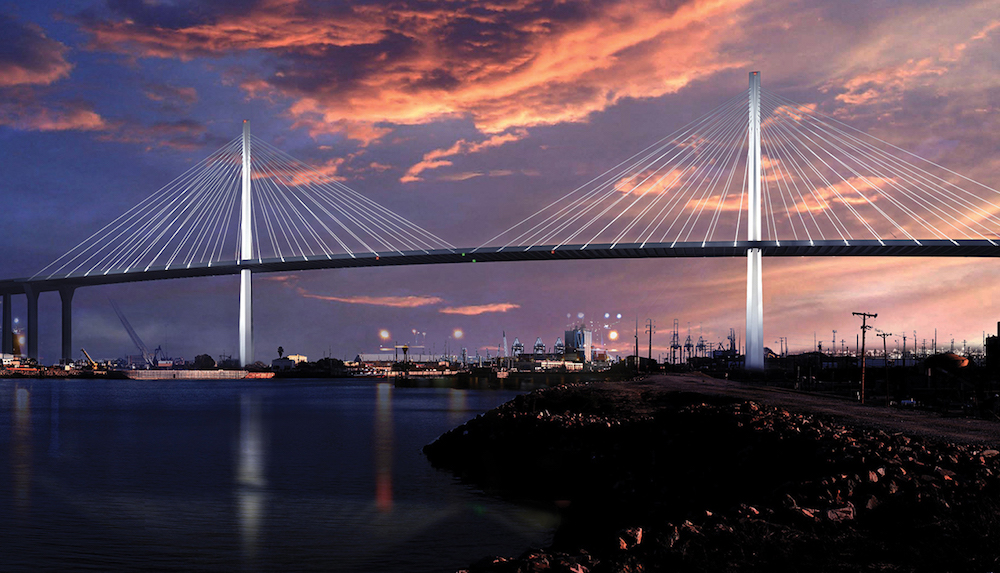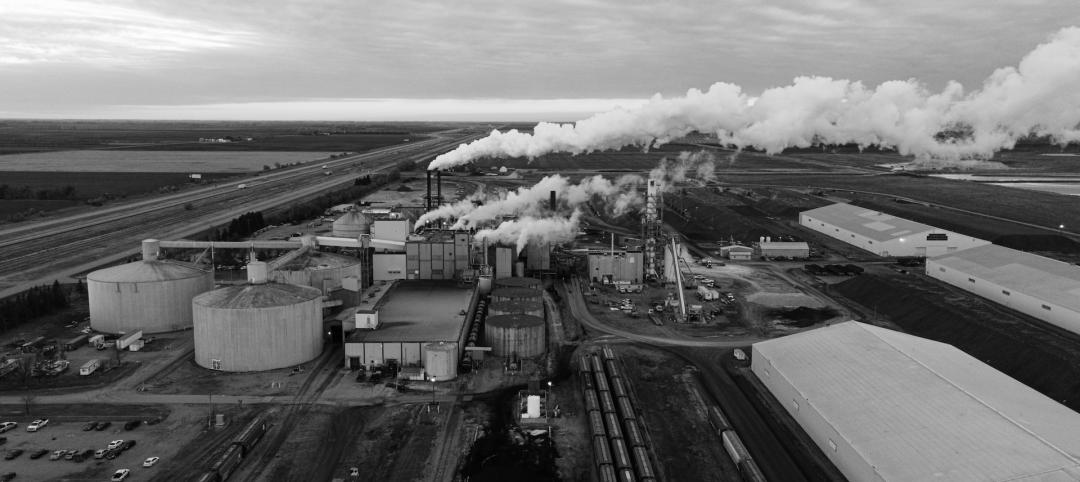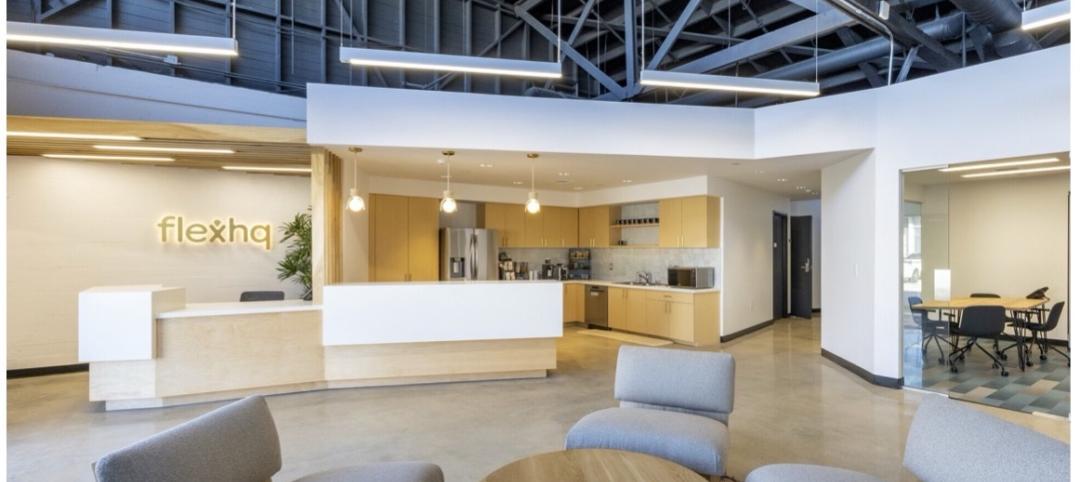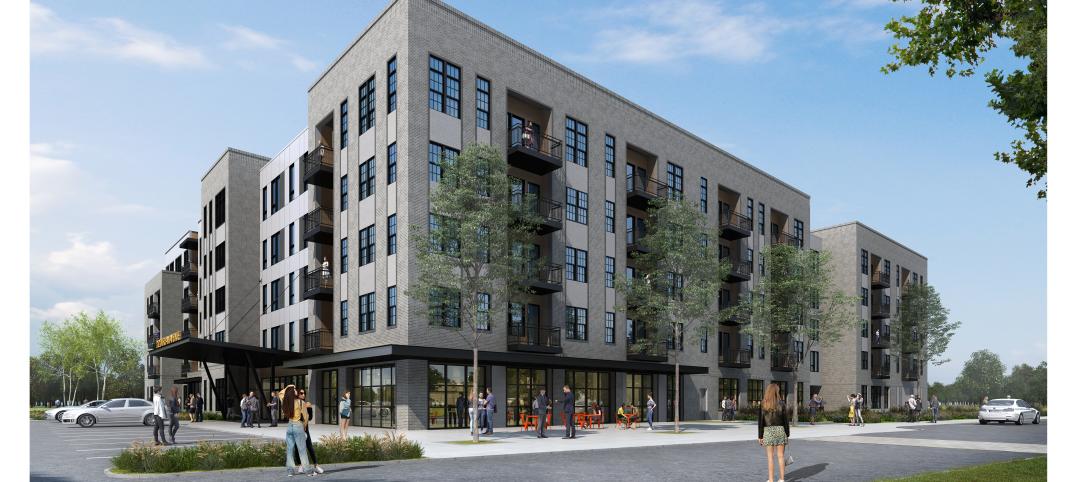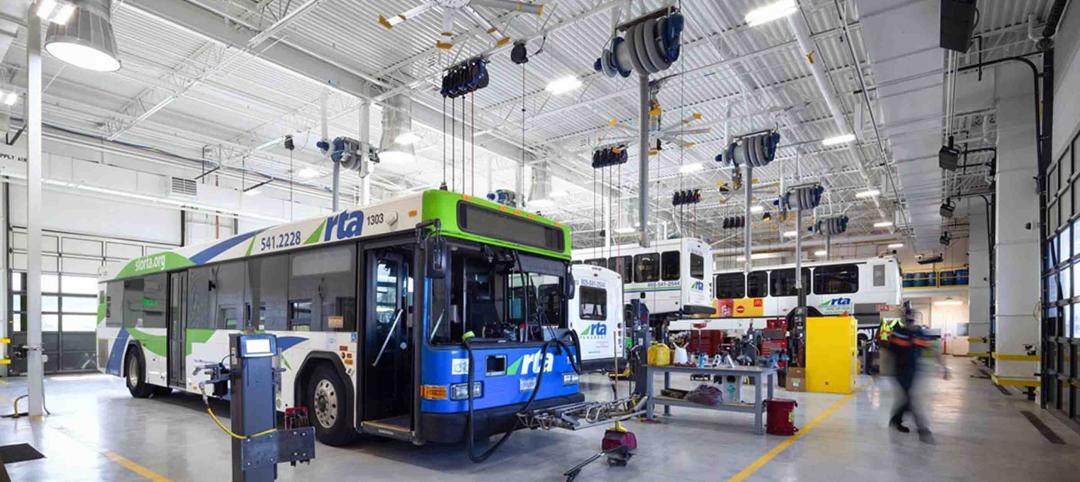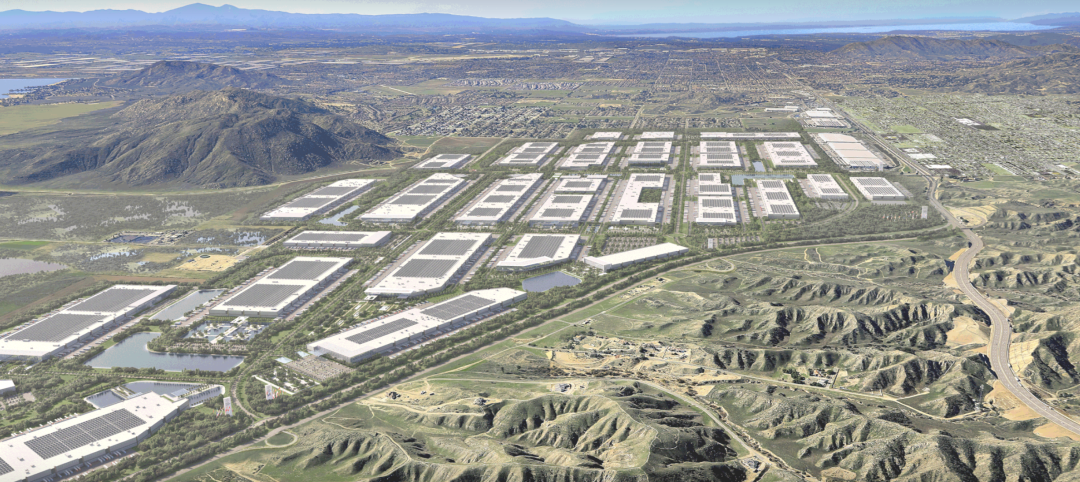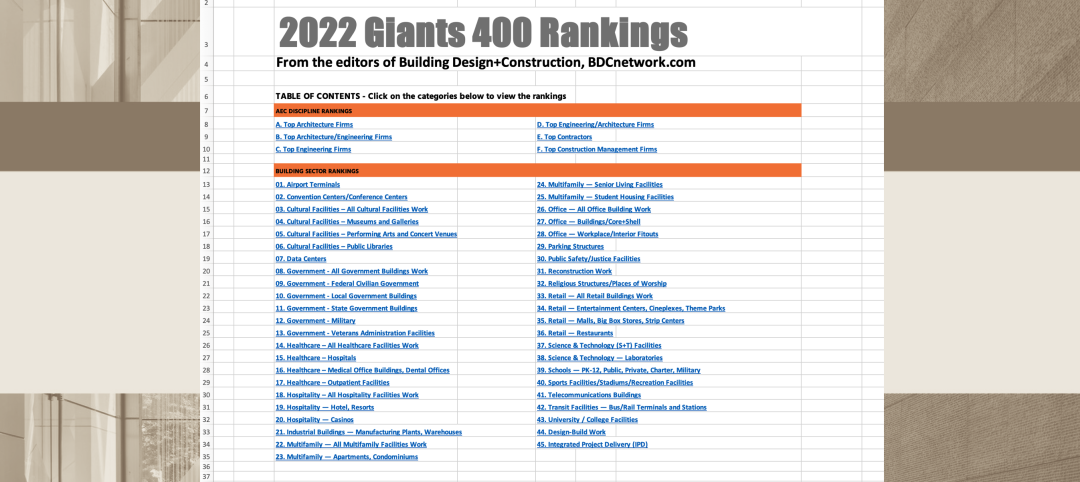It’s still faster and more cost effective to ship to most parts of the U.S. from West Coast ports than through the Panama Canal, according to a report from CBRE. The Journal of Commerce recently noted that West Coast ports have bounced back from last year’s prolonged longshoremen’s strike and have regained their customary share of containerized imports.
An expanded Panama Canal will cap cargo capacity per vessel at 13,000-14,000 TEU (a measure of container capacity), whereas western ports can already accept vessels with capacities up to 18,000 TEU, according to Dr. Noel Hacegaba, PPM, CPE, Managing Director–Commercial Operations for the Port of Long Beach, Calif.
THE PANAMAX EFFECT
Cities lining the East Coast and Gulf Coast are spending big bucks to accommodate the larger vessels that will cross a wider and deeper Panama Canal.
Last year, Long Beach handled 7.2 million containers, the third best year in its history. Hacegaba says that the Panama Canal expansion might even increase the flow of goods from east to west, especially from eastern South America. “The expansion gives suppliers alternatives,” he says.
Long Beach projects a 4% annual increase in container volume over the next several years. The port is in the midst of a $4 billion infrastructure upgrade over the next decade. Improvements include a fully automated, $1.3 billion Middle Harbor terminal capable of handling 3.3 million TEU. The port is also replacing the 50-year-old Gerald Desmond Bridge—over which 15% of the nation’s goods travel—at a cost of $1.5 billion.
Hacegaba says about 30% of containers leave Long Beach by rail. The port wants to increase rail traffic to 50% to take advantage of rail’s efficiency and environmental cleanliness compared to other transport modes. Long Beach is exploring a short-haul rail operation and an inland container yard.
Hacegaba says 18 million sf of warehouse space lies within 100 miles of the Port of Long Beach, and more is being built. “The port is an economic engine for the Inland Empire,” he says.
Related Stories
Industrial Facilities | Jun 20, 2023
A new study presses for measuring embodied carbon in industrial buildings
The embodied carbon (EC) intensity in core and shell industrial buildings in the U.S. averages 23.0 kilograms per sf, according to a recent analysis of 26 whole building life-cycle assessments. That means a 300,000-sf warehouse would emit 6,890 megatons of carbon over its lifespan, or the equivalent of the carbon emitted by 1,530 gas-powered cars driven for one year. Those sobering estimates come from a new benchmark study, “Embodied Carbon U.S. Industrial Real Estate.”
Industrial Facilities | May 31, 2023
Nascent cowarehousing firm steps forward with facilities that offer a communal user experience
The design firm Ware Malcomb has partnered with FlexHQ, a Los Angeles-based firm offering cowarehouse leasing solutions, to create a scalable workspace that emphasizes leasing flexibility and higher-quality and environmentally friendlier amenities than aren’t commonly found in this building type, say representatives from both companies.
Multifamily Housing | May 12, 2023
An industrial ‘eyesore’ is getting new life as an apartment complex
The project, in Metuchen, N.J., includes significant improvements to a nearby wildlife preserve.
Industrial Facilities | Apr 10, 2023
Implementing human-centric design in operations and maintenance facilities
Stantec's Ryan Odell suggests using the human experience to advance OMSF design that puts a focus on wellness and efficiency.
Warehouses | Mar 29, 2023
Construction completed on Canada’s first multi-story distribution center
Construction was recently completed on Canada’s first major multi-story industrial project, a distribution center in Burnaby, British Columbia. The project provides infrastructure for last-mile delivery in a world where consumers have come to expect next-day and same-day delivery, according to Ware Malcomb, the project's architect of record.
Industrial Facilities | Mar 6, 2023
The largest planned logistics and business park in North America gets under way in Southern California
The $25 billion World Logistics Center will boost the supply chain capabilities of Southern California and will serve as a distribution center for destinations across the continent.
Intelligent Lighting | Feb 13, 2023
Exploring intelligent lighting usage in healthcare, commercial facilities
SSR's Todd Herrmann, PE, LEEP AP, explains intelligent lighting's potential use cases in healthcare facilities and more.
Giants 400 | Feb 9, 2023
New Giants 400 download: Get the complete at-a-glance 2022 Giants 400 rankings in Excel
See how your architecture, engineering, or construction firm stacks up against the nation's AEC Giants. For more than 45 years, the editors of Building Design+Construction have surveyed the largest AEC firms in the U.S./Canada to create the annual Giants 400 report. This year, a record 519 firms participated in the Giants 400 report. The final report includes 137 rankings across 25 building sectors and specialty categories.
Giants 400 | Feb 6, 2023
2022 Telecommunications Facility Sector Giants: Top architecture, engineering, and construction firms in the U.S. telecommunications facility sector
AECOM, Alfa Tech, Kraus-Anderson, and Stantec head BD+C's rankings of the nation's largest telecommunications facility sector architecture, engineering, and construction firms, as reported in the 2022 Giants 400 Report.
Industrial Facilities | Dec 21, 2022
New York City’s largest industrial building is nearing completion
The multistory facility is arriving at a time when space remains at a premium.


